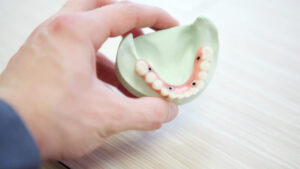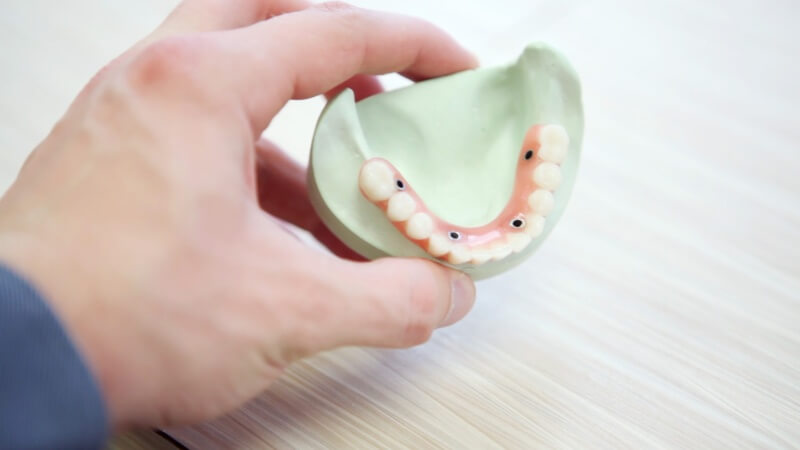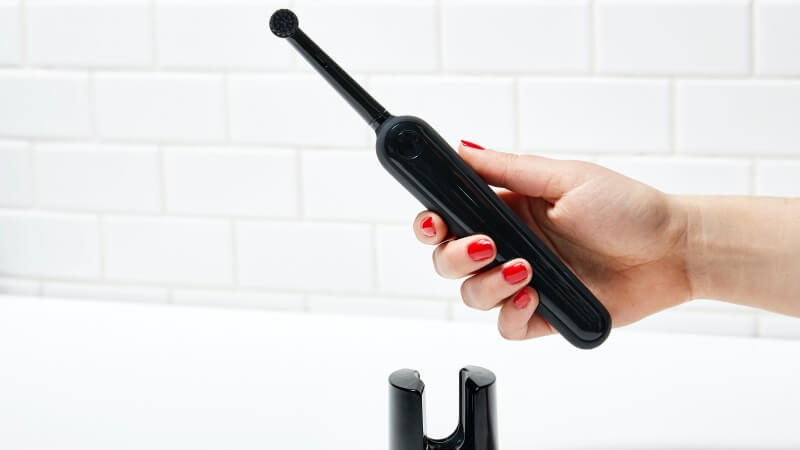
Tartar And Plaque:Remove Methods Without A Dentist
Tartar and plaque, known as dental calculus, form on teeth when plaque accumulates and starts to harden. Not only is tartar visually unappealing, but it

“Recurring strep throat is akin to swallowing razor blades,” a phrase often said by those afflicted. Primarily impacting children, this ailment accounts for about 40% of sore throats in the U.S. kids annually.
Each year, roughly 11 million individuals are diagnosed with strep throat. Though not typically life-threatening, it still results in around 1800 deaths annually.
More than a singular issue for some, it becomes a persistent health challenge.
Recurring strep throat, informally termed, refers to repeated bouts of streptococcal pharyngitis, a bacterial infection targeting the throat’s rear.
The culprit, Streptococcus pyogenes or “group A Streptococcus” (GAS), often affects children, with adults, especially teachers and parents, also susceptible.
Commonly spread in schools and daycare centers, the bacteria is transmitted through direct or indirect contact. Once inside, it inflames the throat and tonsils.
Coughs or sneezes release tiny droplets carrying bacteria, making strep throat quite contagious, even from asymptomatic carriers.
The primary and most notable symptom of recurring strep throat is persistent throat pain. The inflammation in the throat’s back can become so intense that swallowing turns into a painful ordeal. However, there are several other symptoms that recurrent strep throat may present:
At times, the symptoms of recurring strep throat may resemble those of viral infections like the common cold or flu. Yet, symptoms like cough, runny nose, pink eye, or hoarse voice, typically not associated with strep, hint at a different ailment.
While strep throat typically is a singular, albeit uncomfortable, event for many, a few individuals face its frequent return.
Recurrent strep throat, defined by enduring the infection more than seven times in a year, poses a significant health concern.
Recurring strep throat, a bacterial affliction, is primarily treated with antibiotics, similar to other bacterial infections. Consulting a doctor for a prescription, like amoxicillin, is necessary if strep is suspected.
Despite evident symptoms and throat inflammation, a definitive diagnosis requires a throat swab and lab analysis.
Once diagnosed, antibiotics typically yield rapid improvement, with many feeling better within a day. However, completing the full antibiotic course is crucial.
Fortunately, advancements in strep throat testing, such as rapid strep tests and throat cultures available at facilities like TrustCare, offer results in minutes. This swift diagnosis allows for prompt treatment commencement.
Preventing recurrent strep throat varies in complexity based on the underlying cause. If initial antibiotics are ineffective, your doctor might adjust the dosage or switch medications.
General prevention mirrors cold and flu avoidance: regular hand washing, not sharing dishes or utensils, and cautious interaction with sick individuals at school or work.
Additionally, regular cleaning and replacement of toothbrushes is essential to prevent the reinfection of bacteria that might linger on dental hygiene tools.
Dealing with strep throat becomes more manageable with a doctor’s assistance. Should you experience a sore throat or other strep-related symptoms, it’s unwise to delay medical consultation.
While the infection might eventually resolve, it could entail weeks of severe throat discomfort. Opt for a timely visit to a skilled physician at a TrustCare center.
In conclusion, recurring strep throat, a challenging and painful condition, requires diligent attention and appropriate medical intervention.
It’s crucial to recognize the symptoms early and seek prompt treatment, ideally with a thorough consultation and appropriate antibiotics as prescribed by healthcare professionals. The importance of completing the full course of antibiotics cannot be overstated, as it plays a vital role in preventing the recurrence of this infection.
Additionally, adopting preventive measures such as regular hand hygiene, avoiding sharing personal items, and maintaining good oral hygiene, including the regular cleaning or replacement of toothbrushes, is essential.
Ultimately, staying informed about your health and maintaining a proactive approach towards treatment and prevention is key to managing and overcoming recurring strep throat.
FAQ 1: Can certain lifestyle factors increase the risk of recurring strep throat?
Yes, lifestyle factors such as poor nutrition, lack of sleep, and high-stress levels can weaken the immune system, potentially increasing the susceptibility to recurring strep throat infections.
FAQ 2: Are there any specific dietary changes that can help in managing recurrent strep throat?
A balanced diet rich in vitamins and minerals can boost immune function. Foods high in Vitamin C, probiotics, and anti-inflammatory properties may be particularly beneficial.
FAQ 3: How can I differentiate between a strep throat and a viral sore throat at home?
Strep throat usually doesn’t include coughing or a runny nose, which are common in viral infections. If symptoms include severe throat pain without these respiratory symptoms, it might be strep.
FAQ 4: Is it necessary to replace a toothbrush after a strep throat infection?
Yes, it’s advisable to replace your toothbrush after recovering from a strep throat infection to prevent the risk of reinfection from lingering bacteria on the bristles.
FAQ 5: How effective are toothbrush sanitizers in preventing the spread of strep bacteria?
Toothbrush sanitizers can be effective in killing bacteria that may linger on a toothbrush after use. However, they should be used in conjunction with regular replacement of toothbrushes for optimal protection against recurring strep throat infections.


Tartar and plaque, known as dental calculus, form on teeth when plaque accumulates and starts to harden. Not only is tartar visually unappealing, but it

We are often contacted by customers complaining about a Sonicare toothbrush not charging. A charging issue is a common problem and can sometimes be misdiagnosed

Opting for an electric toothbrush for sensitive teeth can help alleviate discomfort and further protect against gum recession. But which model is ideal for those

Have you learned how to use an electric toothbrush? It’s crucial to know not just for electricity but for any toothbrush type. Even though electric

Tartar and plaque, known as dental calculus, form on teeth when plaque accumulates and starts to harden. Not only is tartar visually unappealing, but it

We are often contacted by customers complaining about a Sonicare toothbrush not charging. A charging issue is a common problem and can sometimes be misdiagnosed

Opting for an electric toothbrush for sensitive teeth can help alleviate discomfort and further protect against gum recession. But which model is ideal for those

Have you learned how to use an electric toothbrush? It’s crucial to know not just for electricity but for any toothbrush type. Even though electric
Copyright © 2025 toothbrushsanitizerholder. All Rights Reserved.